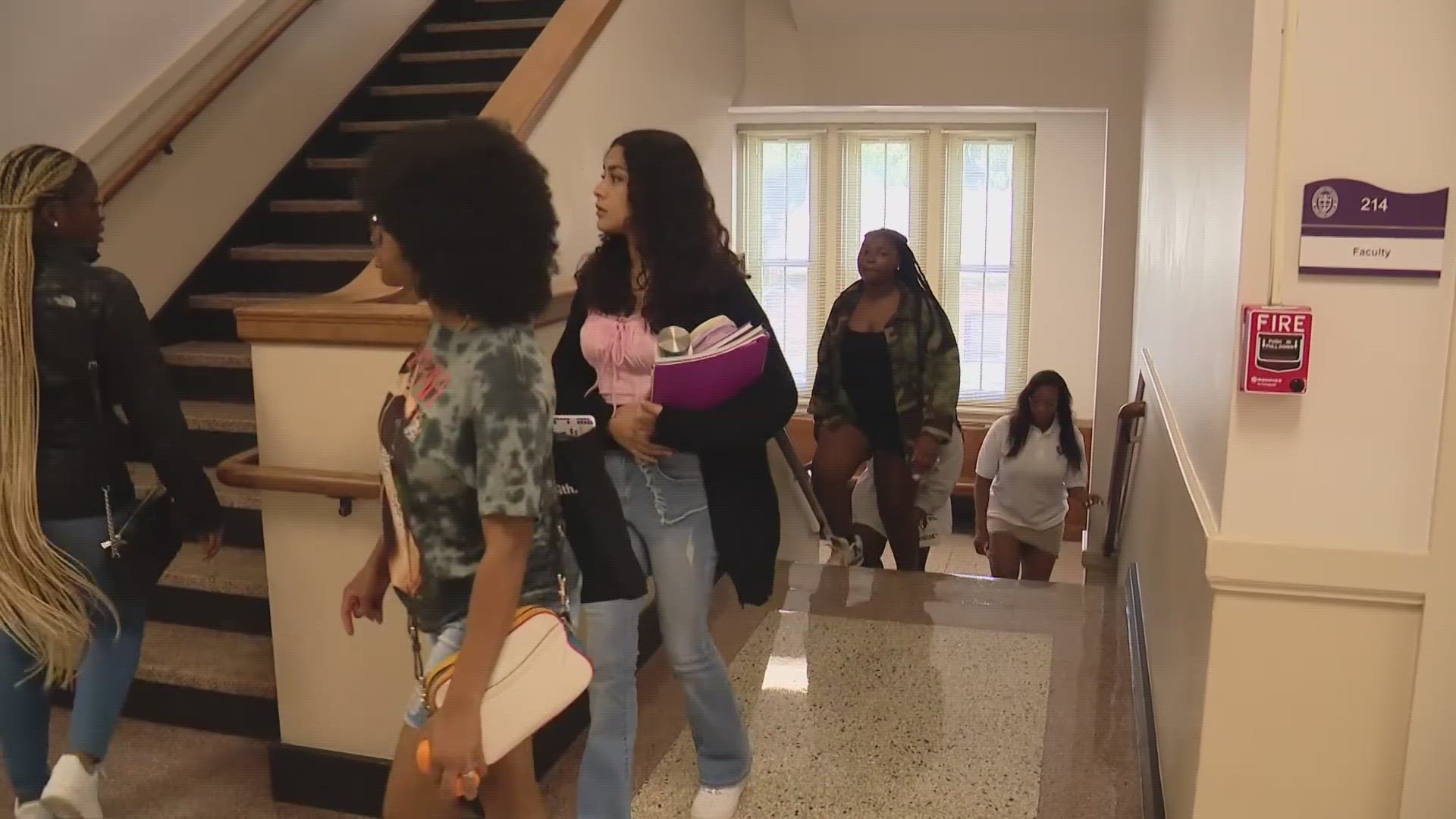Back to school can be especially frustrating if your student isn’t organized, but teachers Jan Caimi and Jennifer Johnson are here to help with some classroom-proven tips to make things easier at home.
- Set expectations. Make it clear what goes where and when things should be done. “Then you're taking the guesswork out for the student,” said Johnson.
- Make lists. Post them around the house so your child can keep the steps in mind. It can walk through anything from the morning routine to what goes inside their lunchbox. “They check off every time they've done something. And then the parent's not yelling and the child feels like they have some control,” said Johnson. Caimi adds that it’s ok for consistently completing the list to end in some sort of reward.
- Make sure your child knows why it's important to be organized. “You can see teachers give them all the tiny little parts and so you can see teachers say things like ok that was your math paper so take it and put it in your purple math folder, and then the magical thing is when you need your math paper it'll be there,” said Caimi.
- Let them be their own boss. “Let them be responsible for everything they have to be responsible for. Don't clean their backpack out for them, you teach them.” Johnson adds that it’s important to have the student talk to the teacher themselves if they’re struggling, rather than going through a parent.
- Be flexible—different kids respond to different styles. “There could be a fight every day and then they start feeling bad about themselves, and you don't want that to happen,” said Johnson. “So you just say “I want you to copy 1-4 instead of 1-8’ and then they find success, and you can kind of just build from there.”
- Let them fail. A small assignment left at home could mean more to a student's organization skills than their overall grade. “Make the mistake once, pretty much won't make that mistake that mistake again, if there is a consequence.”
- Have faith in your student. “If they get home about the homework and say ‘I don’t know to do this at all, ask them, ‘tell me what you do remember even if you don't remember the whole thing,” said Caimi. “Most of the time if you get them talking they actually do remember more than they think they know.”
- It’s never too late to start adding new tasks and routines—but if possible, start early. Caimi recommends by the time your child hits kindergarten.
- Reach out. Don’t hesitate to talk to the teacher if you think a learning or attention disability might be an issue.


